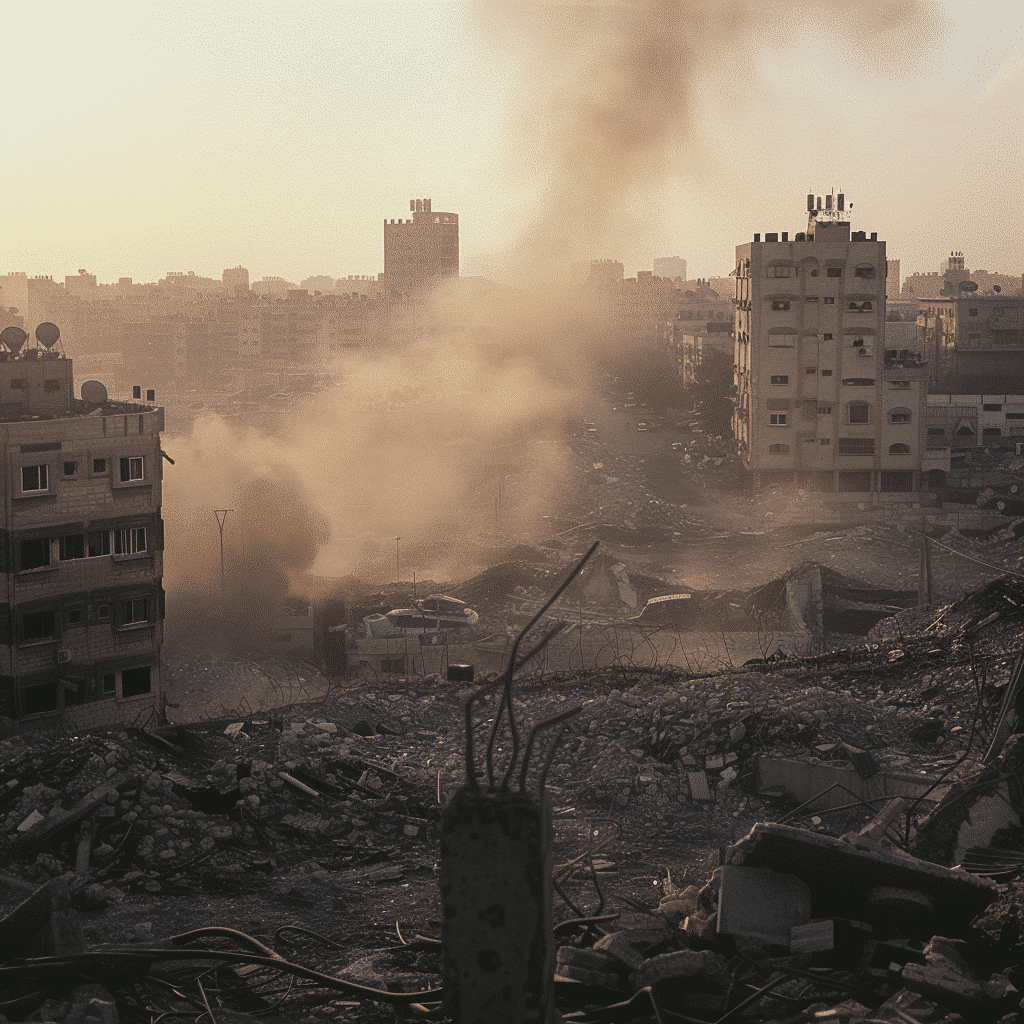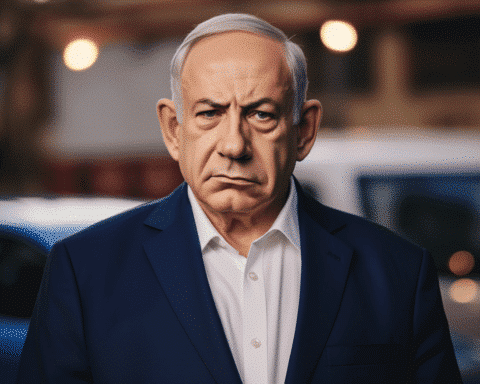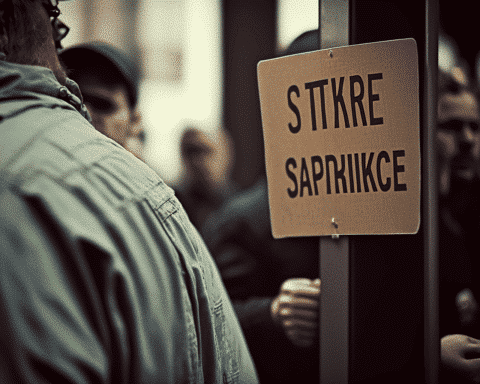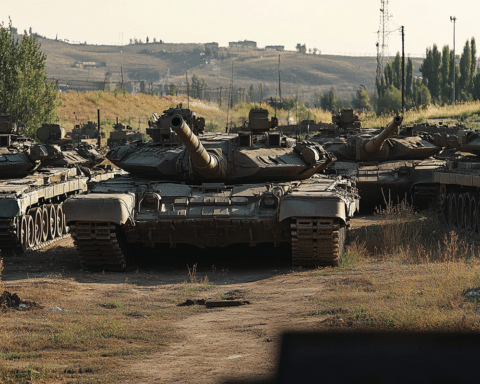Amidst escalating tensions and ongoing cease-fire discussions, Israeli Prime Minister Benjamin Netanyahu has made a bold declaration. He vows to proceed with an invasion into Rafah, a significant stronghold in the southern Gaza Strip, irrespective of the outcome of ongoing negotiations with Hamas. This announcement comes as cease-fire talks, which are reportedly some of the most substantial since the onset of the war nearly seven months ago, continue to develop with the involvement of international mediators.
Unyielding Resolve: Netanyahu’s Stand on Rafah
Prime Minister Netanyahu’s recent statements underline a strategy that may intensify the conflict in Gaza. With Rafah housing a large number of displaced Palestinians, the prospect of an Israeli offensive raises concerns about potential civilian casualties. Netanyahu’s assertion, “We will enter Rafah, and we will eliminate Hamas’ battalions there — with or without a deal, to achieve the total victory,” emphasizes his commitment to a military solution, purportedly to dismantle Hamas’ operational base, despite the risks it poses to both the civilian population and the stability of his coalition government.
Diplomatic Dynamics: Blinken’s Arrival and the Truce Talks
The international community watches closely as U.S. Secretary of State Antony Blinken prepares to land in Israel to advance the truce talks. The negotiations, facilitated by the U.S., Egypt, and Qatar, aim to secure the release of hostages and provide a reprieve in hostilities. However, Netanyahu’s rigid stance appears to be a move to solidify support among his nationalist partners, mainly as they express reservations about compromising the objective of targeting Rafah. This situation places immense pressure on the diplomatic efforts to forge a peace that could prevent further escalation.
The unfolding scenario in Israel and Gaza is a complex amalgamation of military ambition and diplomatic negotiation. As Netanyahu stands firm on his decision to invade Rafah with or without a ceasefire deal, the world anticipates the impact of his decision on the already tense relations and the dire humanitarian situation in Gaza. With international eyes on Blinken’s diplomatic endeavors, the coming days are crucial in determining whether a path to peace can be secured or if the region will descend further into violence.




